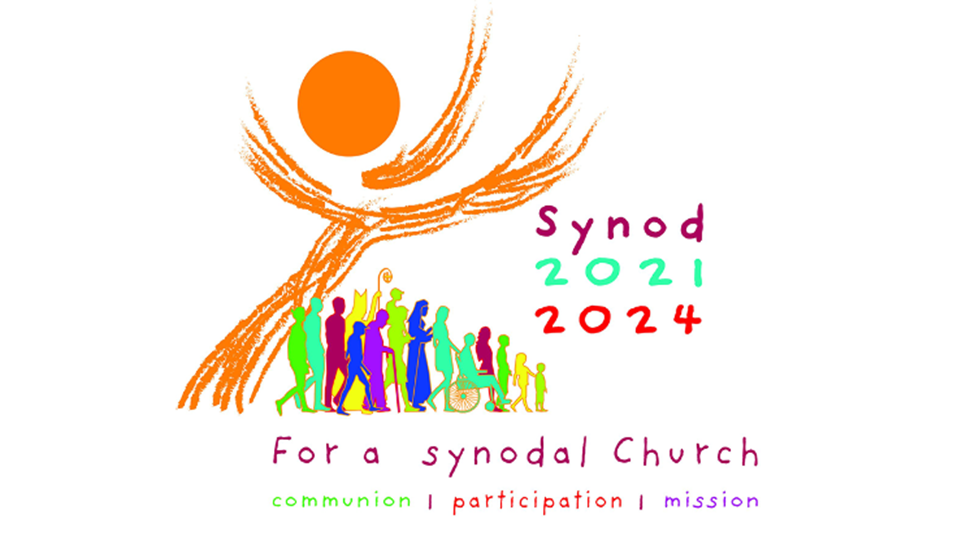Synod

What is the Synod on Synodality?
Pope Francis wants to hear from the whole Church about what is happening in local parishes. He, along with Bishop Edgar da Cunha, would like to know what individuals think we should be doing to help make our church better. The way he has proposed doing this is a synodal process. The word synod (pronounced sih-nuhd), means “journeying together”. It involves listening to the Holy Spirit and to each other to discern the path we are called to walk together.
The synod is intended to “inspire people to dream about the Church we are called to be, to make people’s hopes flourish, to stimulate trust, to bind up wounds, to weave new and deeper relationships, to learn from one another, to build bridges, to enlighten minds, warm hearts, and restore strength to our hands for our common mission.”
The Church wants to listen and hear what you have to say!
WE ARE INVITING YOU to share with us your personal thoughts and reflections on why you may have fallen away from practicing your faith, what pain or experience made you question your faith, what were or what are the joys of parish life that you’d want to re-experience once again and what are the obstacles that make it difficult to fulfill a parish life once again?
Contact us at [email protected]
The Vatican issued it's final report on the Synod for Synodality on 10/26/2024. Attached below are two PDF documents that summarize some of the key takeaways, and questions & answers. A link to the full report is included.
On a local level, parishes can support synodality by implementing several key practices and fostering a culture of participation, dialogue, and collaboration. Here are some specific actions they can take:
- Encourage Broad Participation: Involve all members of the parish community, including laypeople, in decision-making processes and leadership roles. Ensure that diverse voices, including those of women, young people, and marginalized groups, are heard and valued.
- Foster a Culture of Listening: Create opportunities for parishioners to share their thoughts, experiences, and concerns. This can be done through regular listening sessions, surveys, and open forums.
- Promote Ecclesial Discernment: Engage in communal discernment processes to seek the guidance of the Holy Spirit in making decisions. This involves prayer, reflection, and dialogue to understand God's will for the parish community.
- Strengthen Participatory Bodies: Ensure that parish councils, finance councils, and other participatory bodies are functioning effectively and inclusively. These bodies should play an active role in the life and mission of the parish.
- Provide Formation and Education: Offer ongoing formation and education for all parishioners to deepen their understanding of synodality and their role in the Church. This includes catechesis, workshops, and training programs.
- Enhance Liturgical Celebrations: Ensure that the Sunday Eucharist and other liturgical celebrations are inclusive and participatory, reflecting the communal nature of the Church. Pay special attention to the quality of preaching and the active involvement of all attendees.
- Promote Transparency and Accountability: Implement practices of transparency and accountability in parish administration and decision-making. This includes regular financial reporting and open communication about parish activities and plans.
- Encourage Collaboration: Foster collaboration among different groups and ministries within the parish. Encourage partnerships with other parishes, diocesan structures, and community organizations.
- Support Missionary Outreach: Engage in missionary activities that reach out to the wider community, especially the poor and marginalized. Encourage parishioners to live out their faith in their daily lives and in service to others.
- Embrace Digital Tools: Utilize digital tools and social media to enhance communication, participation, and outreach. Create online platforms for sharing information, gathering feedback, and fostering community.
By adopting these practices, local parishes can create a more synodal, inclusive, and mission-oriented community that reflects the vision of a synodal Church.

